Tariffs and trust deficits dominate U.S.–India policy roundtable
The roundtable was held against the backdrop of President Donald Trump's tariff escalations and tensions over India's oil trade with Russia
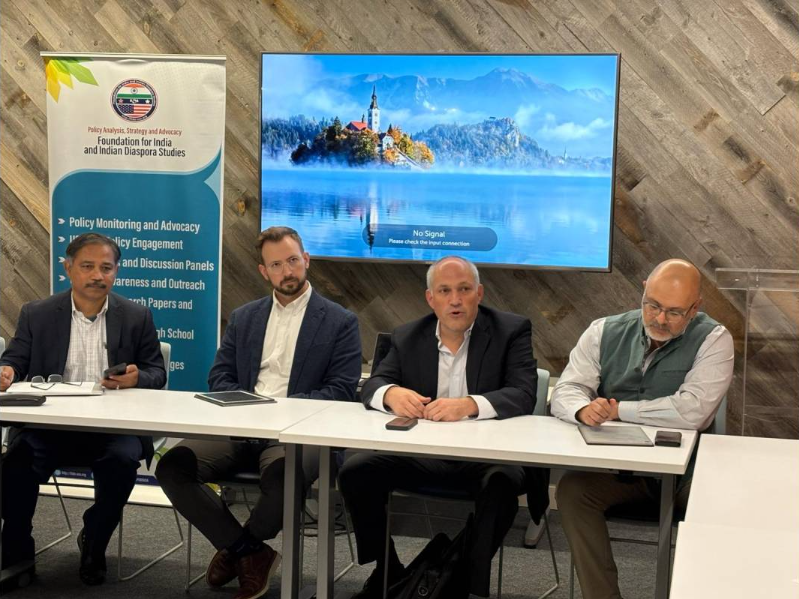 Panelist participating in the FIIDS round table. / FIIDS
Panelist participating in the FIIDS round table. / FIIDS
At a time when tariffs and shifting geopolitical alignments threaten to strain US–India relations, a panel of policy experts, strategists, and diplomats gathered here this week in downtown Washington to assess whether the world's largest democracies can steady their partnership or risk drifting apart.
Held against the backdrop of President Donald Trump's tariff escalations and tensions over India's oil trade with Russia, the roundtable was convened by the Foundation for India and Indian Diaspora Studies (FIIDS).
Michael Rubin, a senior fellow at the American Enterprise Institute and a former Pentagon official, warned that Washington's silence at a moment of visible strain could prove costly.
"If you're afraid to stand up to Donald Trump now, how can we trust you ever to stand up to Pakistan and China?" Rubin asked, arguing that allies who once championed closer engagement with India needed to be more vocal.
Khanderao Kand, FIIDS convener, emphasized that current turbulence should not overshadow the bipartisan consensus in Washington.
“US–India relations have strengthened across presidencies because they are strategically and mutually important,” he said. “These are not insurmountable issues — with a few adjustments, the trajectory remains forward-looking.”
Kand pointed to tariffs and sanctions as the two main challenges, noting that sanctions aimed at Russia often leave India’s energy needs overlooked and sanctions unfairly applied, while India may to be able help in other ways like diplomatic negotiations towards the solution.
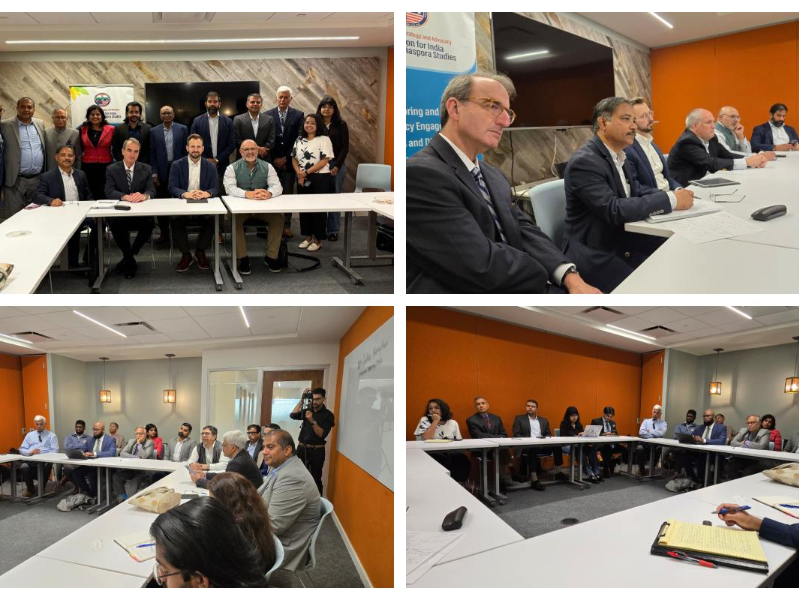 Panelists at FIIDS roundtable. / FIIDS
Panelists at FIIDS roundtable. / FIIDSHe underlined India’s broader importance: the world’s largest middle-class market, biggest defense importer, an economy headed toward third-largest globally, and a vital counterbalance to China in the Indo-Pacific. “For the U.S., India is not just a partner for growth but an indispensable pillar of future geopolitics,” he said.
ALSO READ: India, US resume “positive” trade talks
Others urged perspective
Kapil Sharma, from Roundglass Foundation, recalled earlier moments of crisis — from India's 1998 nuclear tests to the 2013 arrest of a diplomat in New York — that had sparked predictions of collapse. "Every couple of years, everybody believed the relationship was over," he said. "But the relationship actually tends to get stronger."
That history of resilience, he added, is why he remains optimistic: governors, members of Congress, and state leaders continue to travel to India despite the tariff fight. "The dialogue is continuing, not only in capitals but also on the ground," Sharma said, pointing to the launch of a Congressional Study Group on India that quickly drew more than 60 members.
Economic anxieties threaded throughout the discussion. Dr. Anit Mukherjee of the Observer Research Foundation outlined the paradox of Trump's trade measures. Tariffs, he noted, had raised U.S. revenue intake but were also distorting labour markets and investment flows.
"There is definitely going to be an impact on the labour market," he cautioned, adding that uncertainty could slow capital inflows into India. "The biggest advocacy is not on the Hill but on Wall Street."
Bill Drexel of the Hudson Institute framed the rupture differently. Short-term fights, he suggested, might signal the growing weight each country places on the other. "You actually argue a lot more with your spouse than you do with your cousin," he said, drawing laughter in the room. "This spat might be a tremor of two countries realising more and more that they're important to each other."
Still, Drexel underscored a cultural clash between Trump's appetite for "public displays of dominance" and what he called India's "allergy" to such gestures. That mismatch, he said, risked hardening mistrust if left unchecked.
Jason Isaacson of the American Jewish Committee, who has long worked on triangular U.S.–India–Israel initiatives, voiced concern over Trump's rhetoric blaming India for the war in Ukraine.
"I'm really concerned about the damage to the relationship because of that kind of commentary," he said. Yet he stressed that "the logic of the relationship between the United States and India is unassailable," noting India's continuing role in Middle East integration projects and its steady defence ties with Israel.
Retired Indian diplomat Pradeep Kapur emphasised how arbitrary trade policy delivered by tweet — without consultation or analysis — was undermining trust. "It's not going to be easy for the two countries to get back on an even keel very quickly," he said. "It will require a lot of hard work and empathy."



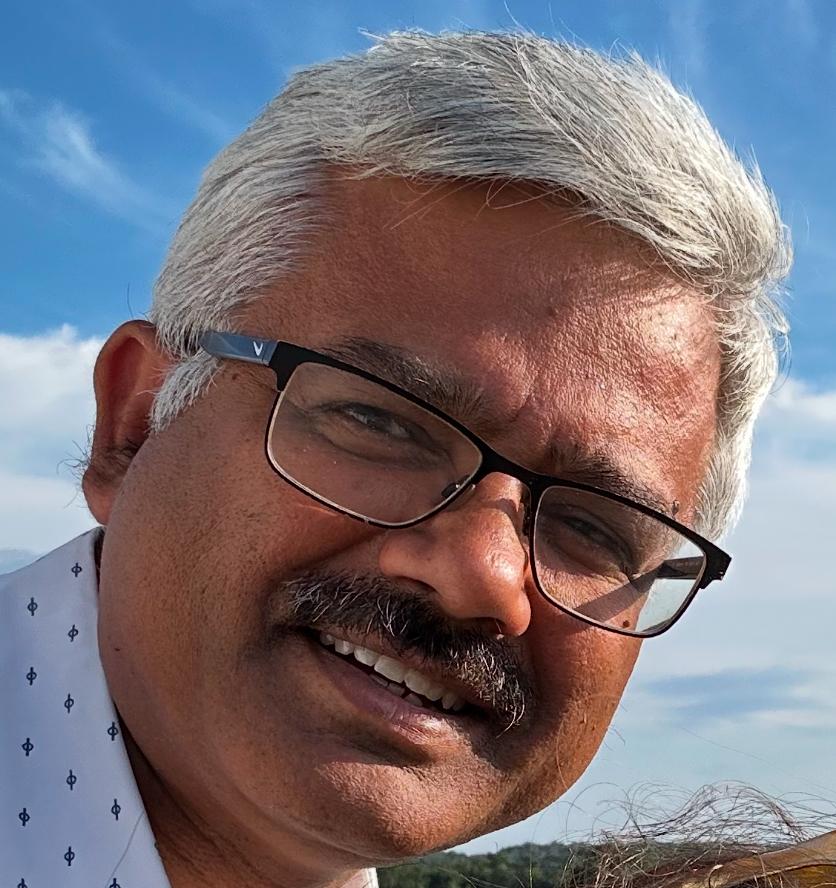 Lalit K Jha
Lalit K Jha
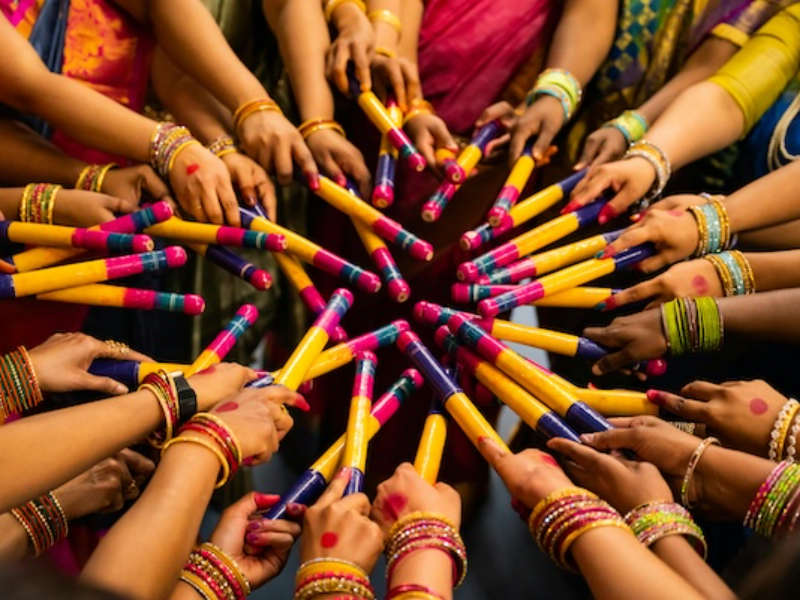

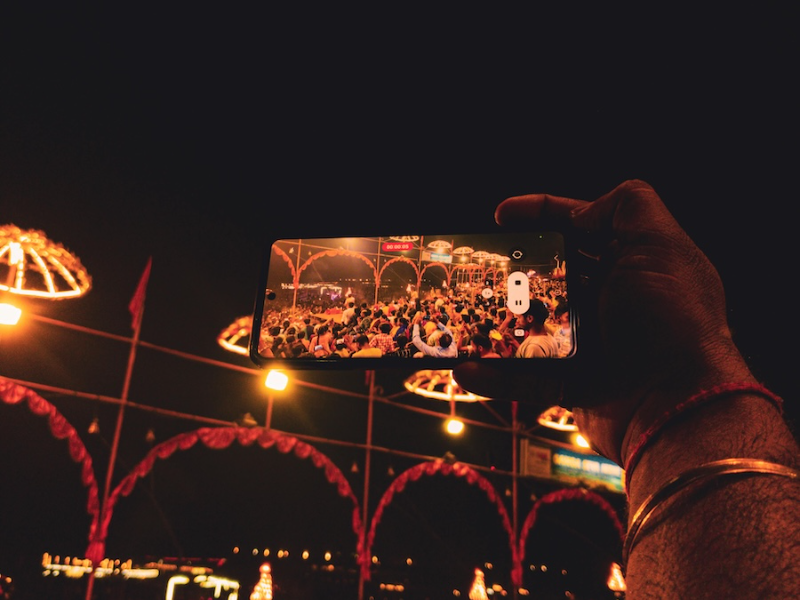

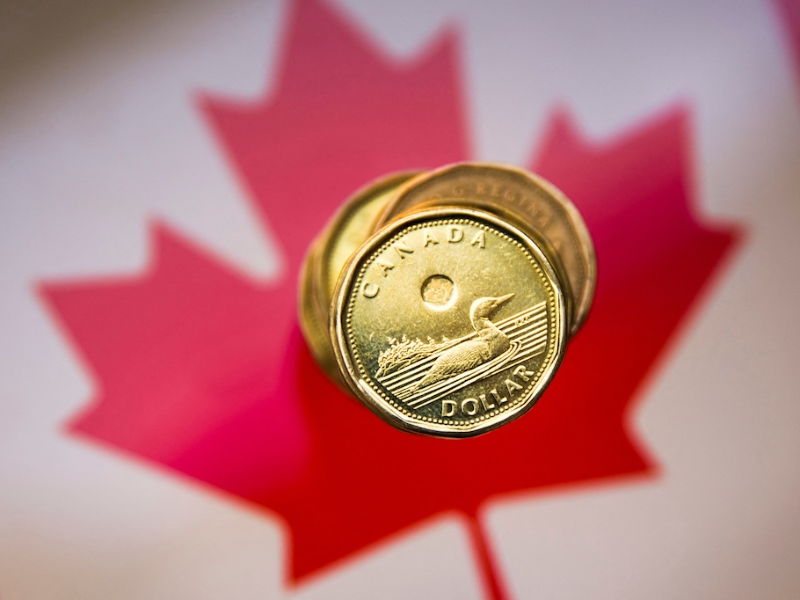









.jpg)

Comments
Start the conversation
Become a member of New India Abroad to start commenting.
Sign Up Now
Already have an account? Login